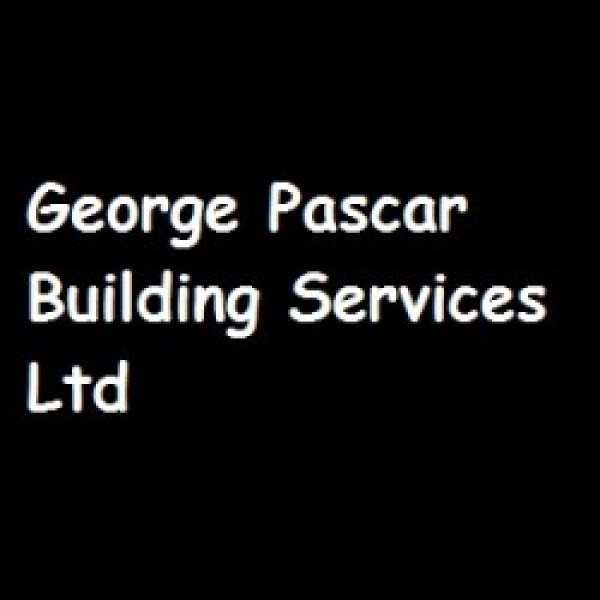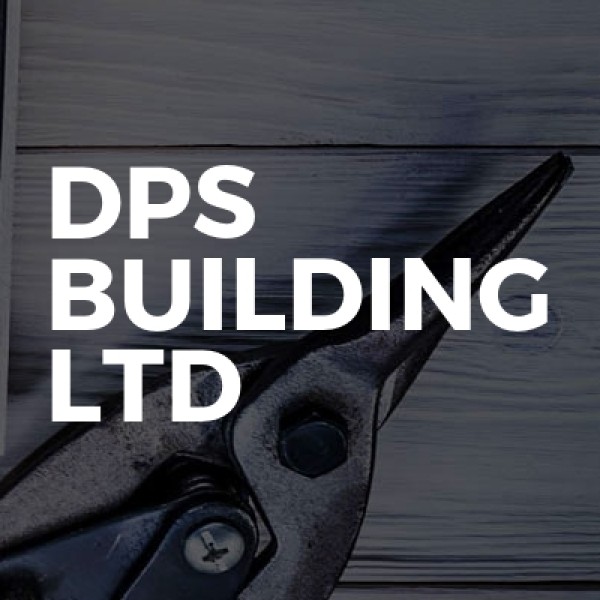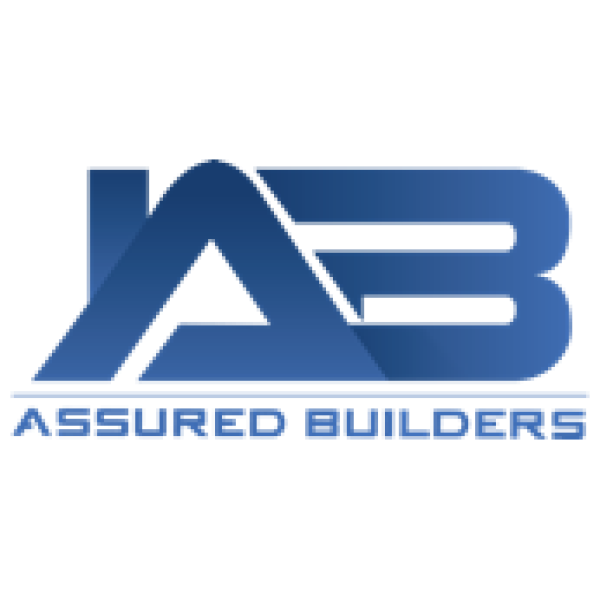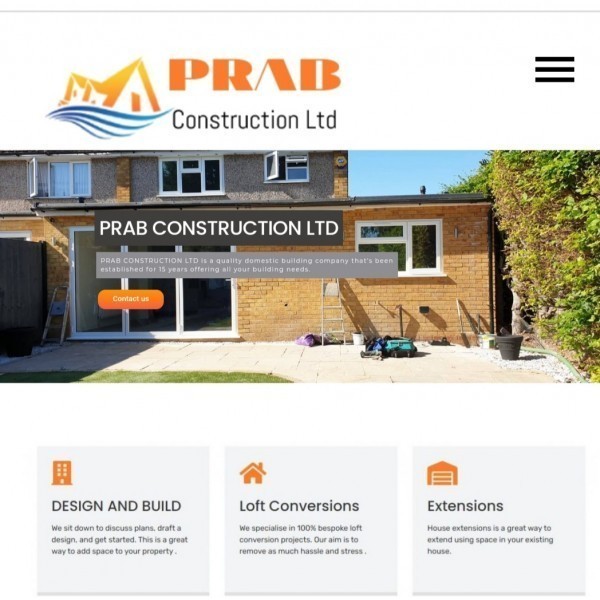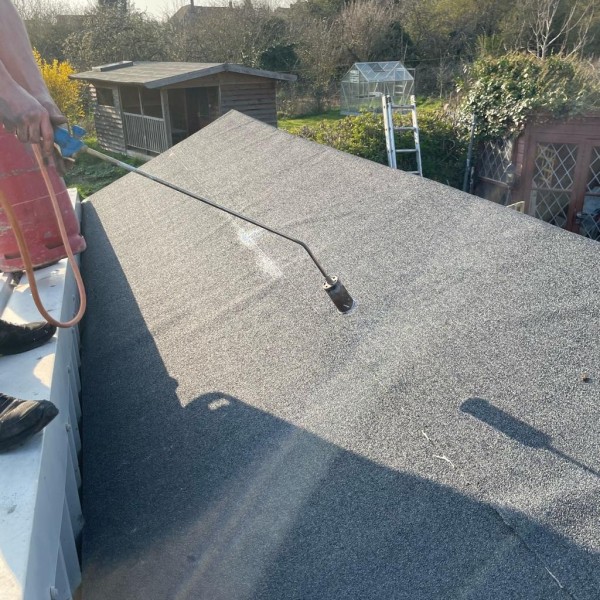Loft Conversions in Ruislip
Understanding Loft Conversions in Ruislip
Loft conversions in Ruislip have become increasingly popular as homeowners seek to maximise their living space without the hassle of moving. This transformation not only adds value to your property but also provides a versatile area that can be tailored to your needs. Whether you're considering a new bedroom, office, or playroom, a loft conversion offers a practical solution.
Why Choose a Loft Conversion?
Loft conversions are an excellent choice for those looking to expand their home. They offer a cost-effective way to increase living space compared to traditional extensions. In Ruislip, where property prices are on the rise, a loft conversion can significantly enhance the value of your home. Moreover, it allows you to make the most of unused space, turning it into a functional area.
Benefits of Loft Conversions
- Increased Property Value: A well-executed loft conversion can add up to 20% to the value of your home.
- Additional Living Space: Create a new bedroom, office, or recreational area.
- Cost-Effective: Cheaper than moving house and avoids the stress of relocating.
- Customisable: Tailor the space to meet your specific needs and preferences.
Types of Loft Conversions
There are several types of loft conversions available, each with its own set of advantages. The choice depends on your budget, the structure of your home, and your personal preferences.
Dormer Loft Conversion
A dormer loft conversion is one of the most common types. It involves extending the existing roof to create additional headroom and floor space. This type of conversion is suitable for most homes and offers a good balance between cost and space.
Mansard Loft Conversion
Mansard conversions are more extensive and involve altering the entire roof structure. They provide a significant amount of additional space and are ideal for those looking to create a large, open-plan area. However, they are more expensive and may require planning permission.
Hip to Gable Loft Conversion
This type of conversion is suitable for homes with a hipped roof. It involves extending the sloping side of the roof to create a vertical gable wall, thus increasing the internal space. Hip to gable conversions are popular in semi-detached and detached houses.
Velux Loft Conversion
Velux conversions are the least invasive and do not require any changes to the roof structure. They involve installing Velux windows to bring in natural light. This option is ideal for those on a budget or with limited space.
Planning Permission and Building Regulations
Before embarking on a loft conversion in Ruislip, it's essential to understand the planning permission and building regulations involved. While some conversions fall under permitted development rights, others may require formal approval.
When is Planning Permission Required?
Planning permission is typically required for more extensive conversions, such as mansard or hip to gable. Factors like the height of the conversion, its impact on neighbours, and changes to the roofline can influence the need for permission.
Building Regulations Compliance
Regardless of planning permission, all loft conversions must comply with building regulations. These regulations ensure the safety and structural integrity of the conversion, covering aspects such as fire safety, insulation, and access.
Choosing the Right Contractor
Selecting a reputable contractor is crucial for a successful loft conversion. A skilled professional will guide you through the process, ensuring that your project meets all legal requirements and is completed to a high standard.
What to Look for in a Contractor
- Experience: Choose a contractor with a proven track record in loft conversions.
- References: Ask for references and view previous projects to assess quality.
- Accreditation: Ensure the contractor is accredited by relevant industry bodies.
- Transparent Pricing: Obtain detailed quotes and ensure there are no hidden costs.
Designing Your Loft Space
Once you've chosen a contractor, the next step is to design your loft space. This involves considering the layout, lighting, and overall aesthetics to create a functional and appealing area.
Layout Considerations
Think about how you intend to use the space. Will it be a bedroom, office, or playroom? The layout should reflect its purpose, ensuring that the space is both practical and comfortable.
Lighting and Ventilation
Natural light is crucial in a loft conversion. Consider the placement of windows and skylights to maximise light. Additionally, ensure adequate ventilation to maintain a healthy environment.
Interior Design and Finishing Touches
Choose colours, materials, and furnishings that complement the rest of your home. Personal touches, such as artwork or plants, can enhance the space and make it feel more inviting.
Cost of Loft Conversions in Ruislip
The cost of a loft conversion in Ruislip can vary significantly depending on the type of conversion, the size of the space, and the level of customisation. It's essential to budget carefully and consider all potential expenses.
Factors Influencing Cost
- Type of Conversion: Dormer conversions are generally more affordable than mansard conversions.
- Size of the Loft: Larger spaces require more materials and labour, increasing costs.
- Quality of Materials: High-end finishes and fixtures will raise the overall cost.
- Additional Features: Extras like en-suite bathrooms or bespoke storage solutions can add to the expense.
Financing Your Loft Conversion
Financing a loft conversion can be a significant investment, but there are several options available to help manage the cost.
Personal Savings
Using personal savings is the most straightforward way to finance a loft conversion. It avoids the need for loans and interest payments, but it's essential to ensure you have enough funds to cover unexpected expenses.
Home Improvement Loans
Many banks and financial institutions offer loans specifically for home improvements. These loans can provide the necessary funds upfront, allowing you to spread the cost over time.
Remortgaging
Remortgaging your home can release equity, providing additional funds for your loft conversion. This option may offer lower interest rates compared to personal loans.
Frequently Asked Questions
1. How long does a loft conversion take?
The duration of a loft conversion depends on the complexity of the project. On average, it takes between 6 to 12 weeks to complete.
2. Do I need planning permission for a loft conversion in Ruislip?
Not all loft conversions require planning permission. However, it's essential to check with your local council to determine if your project falls under permitted development rights.
3. Can all lofts be converted?
Most lofts can be converted, but factors like roof height and structural integrity can affect feasibility. A professional assessment is recommended to determine suitability.
4. How much does a loft conversion cost in Ruislip?
Costs vary depending on the type of conversion and the size of the space. On average, prices range from £20,000 to £50,000.
5. Will a loft conversion add value to my home?
Yes, a loft conversion can significantly increase the value of your home, often by up to 20%.
6. What are the building regulations for loft conversions?
Building regulations ensure the safety and structural integrity of the conversion. They cover aspects like fire safety, insulation, and access, and must be adhered to for all loft conversions.
Final Thoughts on Loft Conversions in Ruislip
Loft conversions in Ruislip offer a fantastic opportunity to enhance your home, providing additional space and increasing property value. By understanding the different types of conversions, planning requirements, and costs involved, you can make an informed decision that meets your needs and budget. With careful planning and the right contractor, your loft conversion can become a valuable and cherished part of your home.




